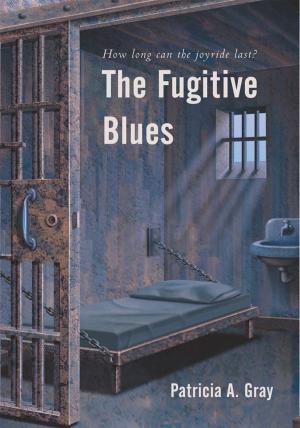The Unjust "Justice"
Getting the Truth Out
Nonfiction, Reference & Language, Law, Mental Health, Health & Well Being, Psychology, Forensic Psychology, Psychiatry| Author: | Edward Castle | ISBN: | 9781462064588 |
| Publisher: | iUniverse | Publication: | December 21, 2011 |
| Imprint: | iUniverse | Language: | English |
| Author: | Edward Castle |
| ISBN: | 9781462064588 |
| Publisher: | iUniverse |
| Publication: | December 21, 2011 |
| Imprint: | iUniverse |
| Language: | English |
In his late teens, Henry Carmel was stricken with schizophreniaa life-altering mental illness characterized by tormenting voices, impaired judgment, and acute paranoia. In 1996, Henry was attacked by a huge dog. Fearing for his life, he panicked and killed the animal. Despite test results and reports supplied by an unbiased veterinary pathologist, the corrupt county veterinarian contradicted the pathologist and aggravated the incident with a false theory. At the hands of a power-hungry deputy district attorney (DDA), Henry was prosecuted. The jury remained unaware of his illness, so he was sentenced to prison rather than the hospitalization he needed. Expecting acquittal, the defense agreed to the nondisclosure of the illness. As desired by the DDA, Henry was sentenced to serve an exaggerated prison term. When his sentence was complete, his illness was disclosed. He was certified as a mentally disordered offender (MDO) and kept hospitalized year after year. In the years after his trial, Henrys condition improved; however, at annual hearings the DDA and judges ignored Henrys successes and extended his confinement each year. This was abusive and unjust. No socially accepted rules of ethics were followed. The Unjust Justice is the story of a young man who, because of the social stigma that prevails over individuals plagued with schizophrenia, lost his freedom within an abusive system of injustice.
In his late teens, Henry Carmel was stricken with schizophreniaa life-altering mental illness characterized by tormenting voices, impaired judgment, and acute paranoia. In 1996, Henry was attacked by a huge dog. Fearing for his life, he panicked and killed the animal. Despite test results and reports supplied by an unbiased veterinary pathologist, the corrupt county veterinarian contradicted the pathologist and aggravated the incident with a false theory. At the hands of a power-hungry deputy district attorney (DDA), Henry was prosecuted. The jury remained unaware of his illness, so he was sentenced to prison rather than the hospitalization he needed. Expecting acquittal, the defense agreed to the nondisclosure of the illness. As desired by the DDA, Henry was sentenced to serve an exaggerated prison term. When his sentence was complete, his illness was disclosed. He was certified as a mentally disordered offender (MDO) and kept hospitalized year after year. In the years after his trial, Henrys condition improved; however, at annual hearings the DDA and judges ignored Henrys successes and extended his confinement each year. This was abusive and unjust. No socially accepted rules of ethics were followed. The Unjust Justice is the story of a young man who, because of the social stigma that prevails over individuals plagued with schizophrenia, lost his freedom within an abusive system of injustice.















